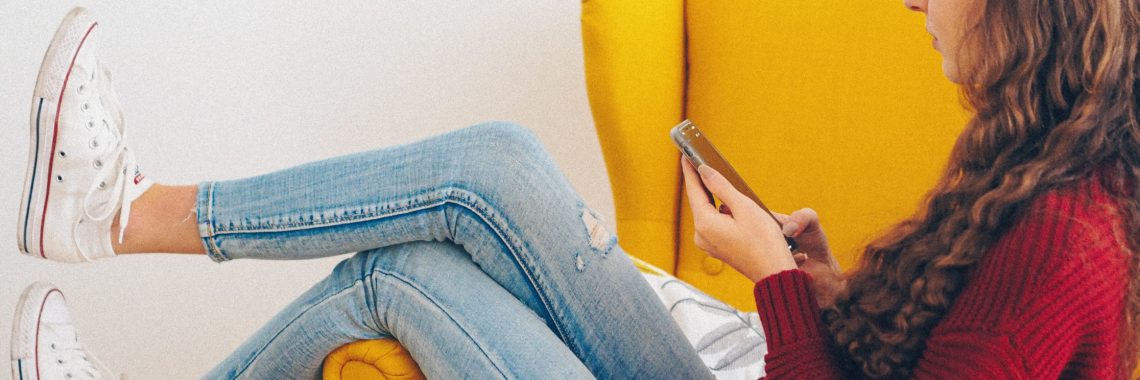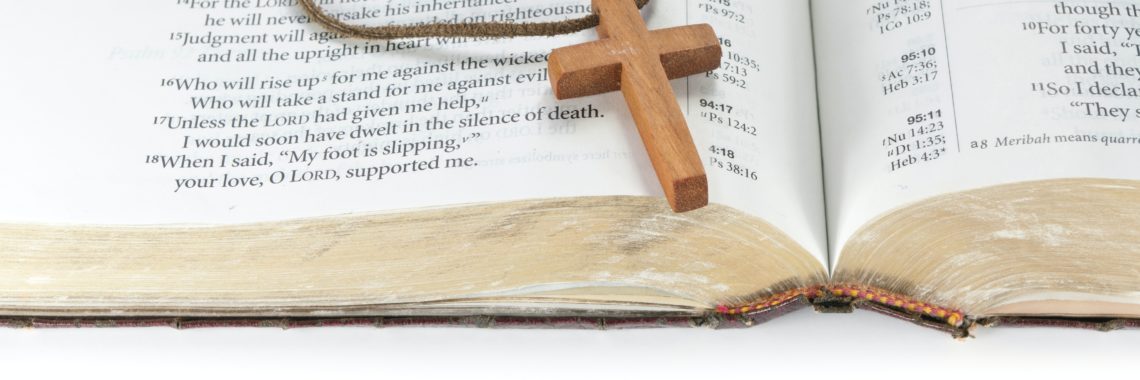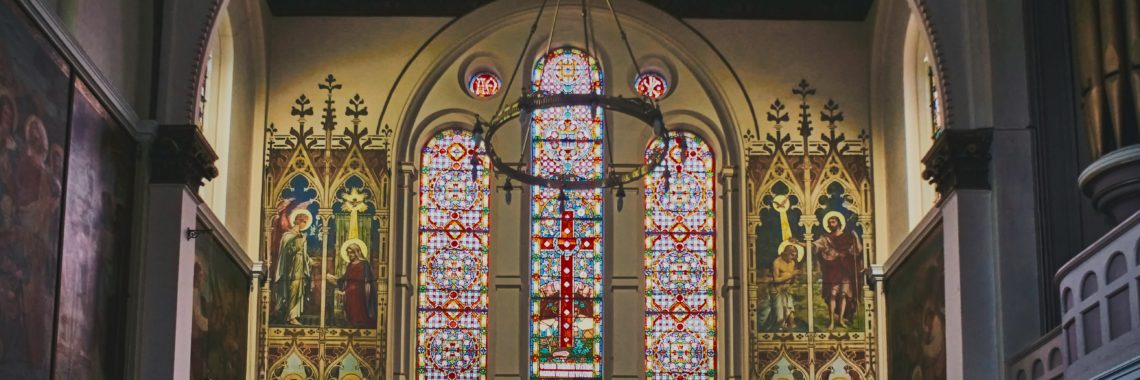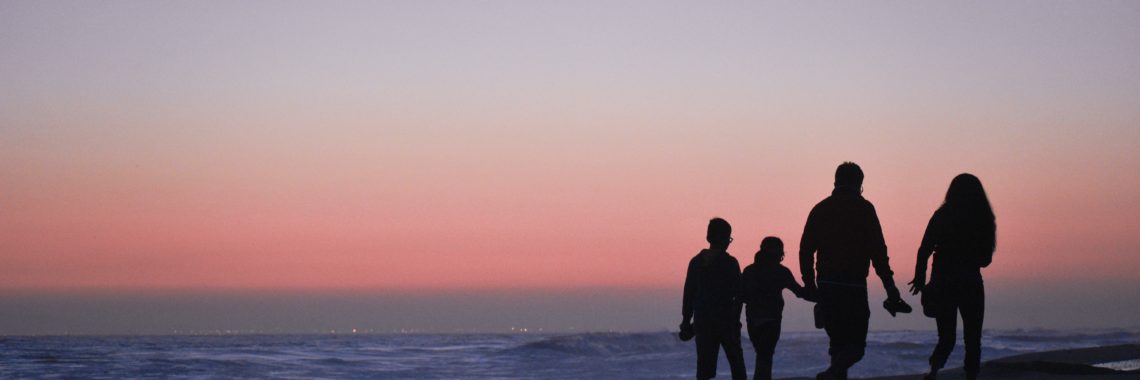“American Religious Support for COVID Protocols, and Public Values” by R. Drew Smith
Though the COVID health emergency within the U.S. seems to be lessening in intensity, the occurrence of 35,000 COVID hospitalizations per day and 12,000 deaths per week during early March 2022 shows that the crisis is clearly not over. Widespread resistance to public protocols and mandates aimed at halting the spread of the virus has…











